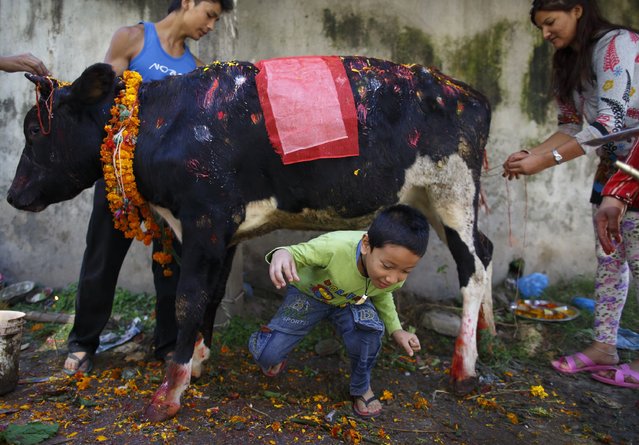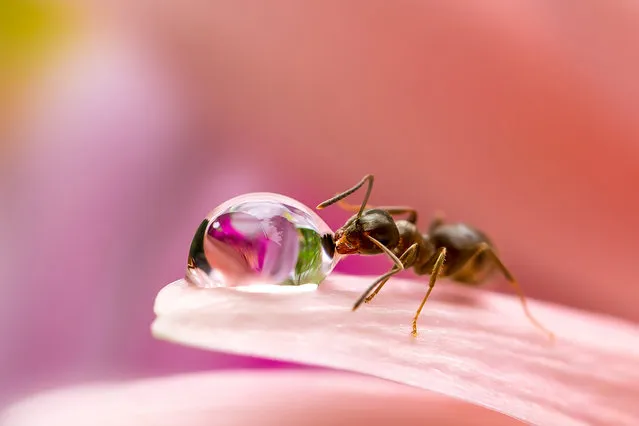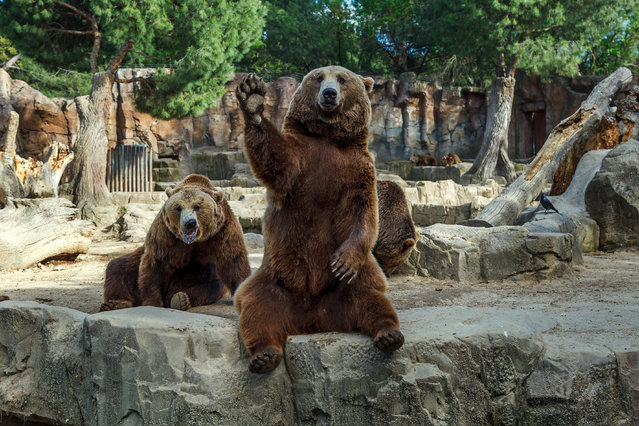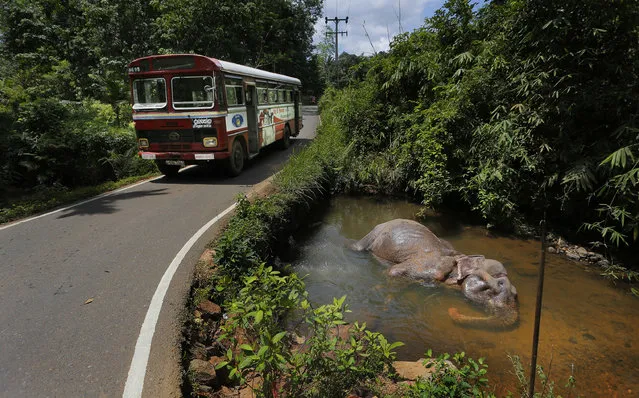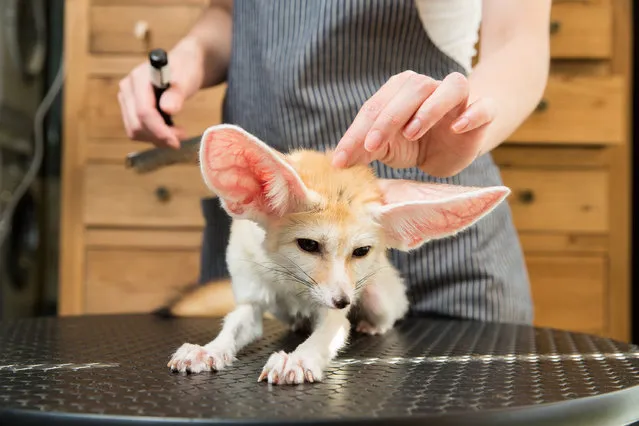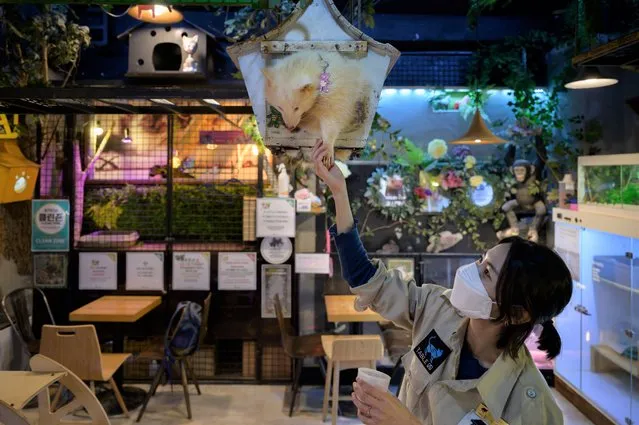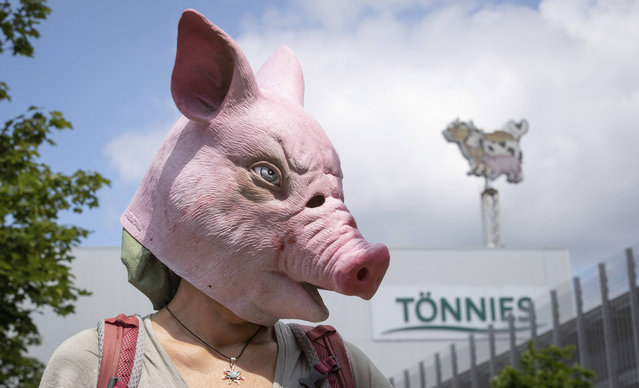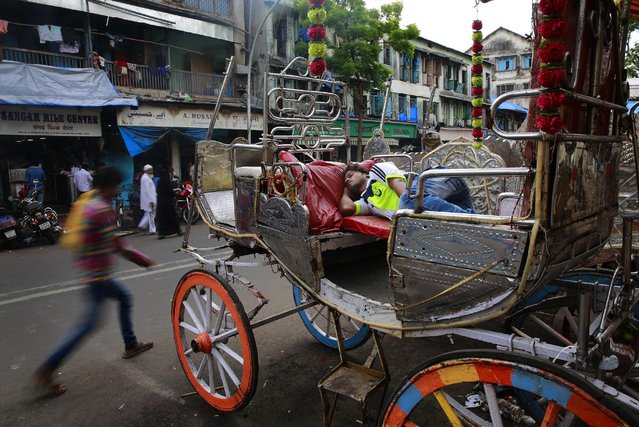
In this June 16, 2015 photo, an Indian coachman sleeps on his Victoria horse-drawn carriage outside a stable in Mumbai, India. Drivers of Mumbai's iconic horse-drawn carriages can't imagine not plying the roads pulling photo-snapping tourists atop their kitsch-covered chariots. Yet that time is coming, thanks to a court order calling such superfluous “joyrides” a form of animal cruelty and banning them in India's financial capital from June 2016. (Photo by Rafiq Maqbool/AP Photo)
03 Jul 2015 12:46:00,post received
0 comments

